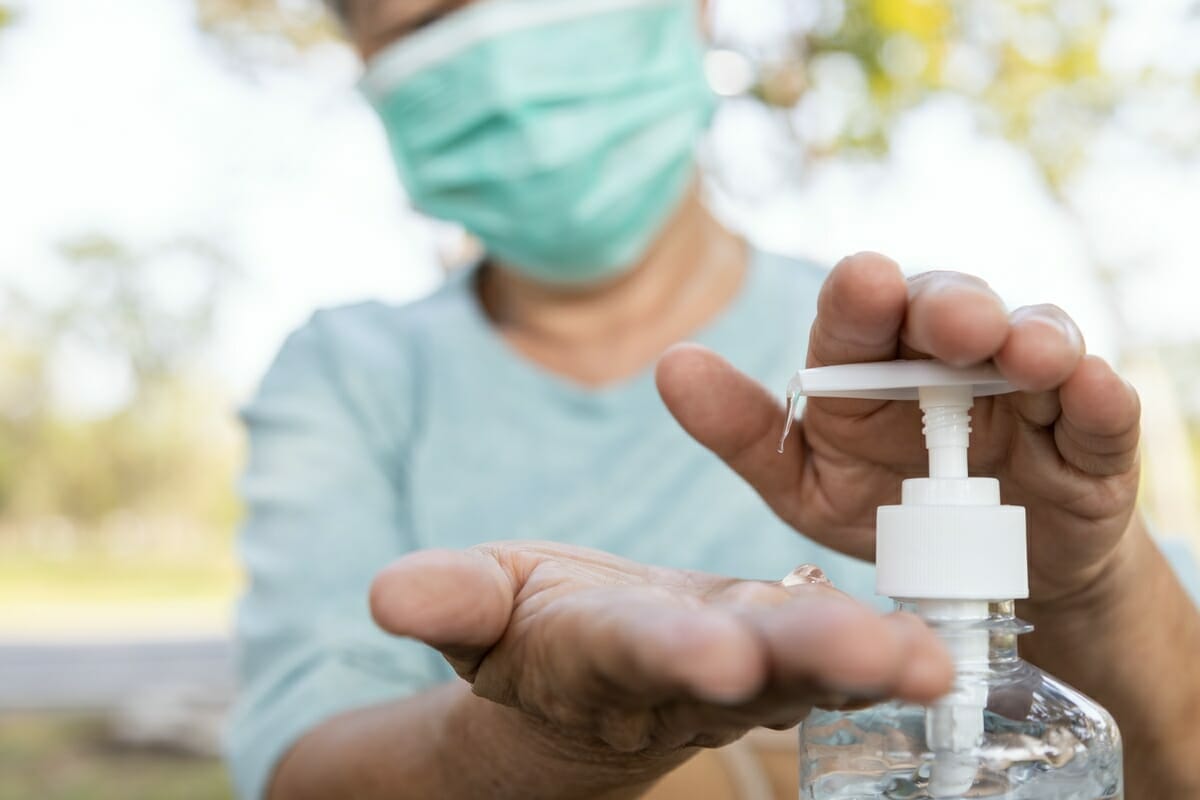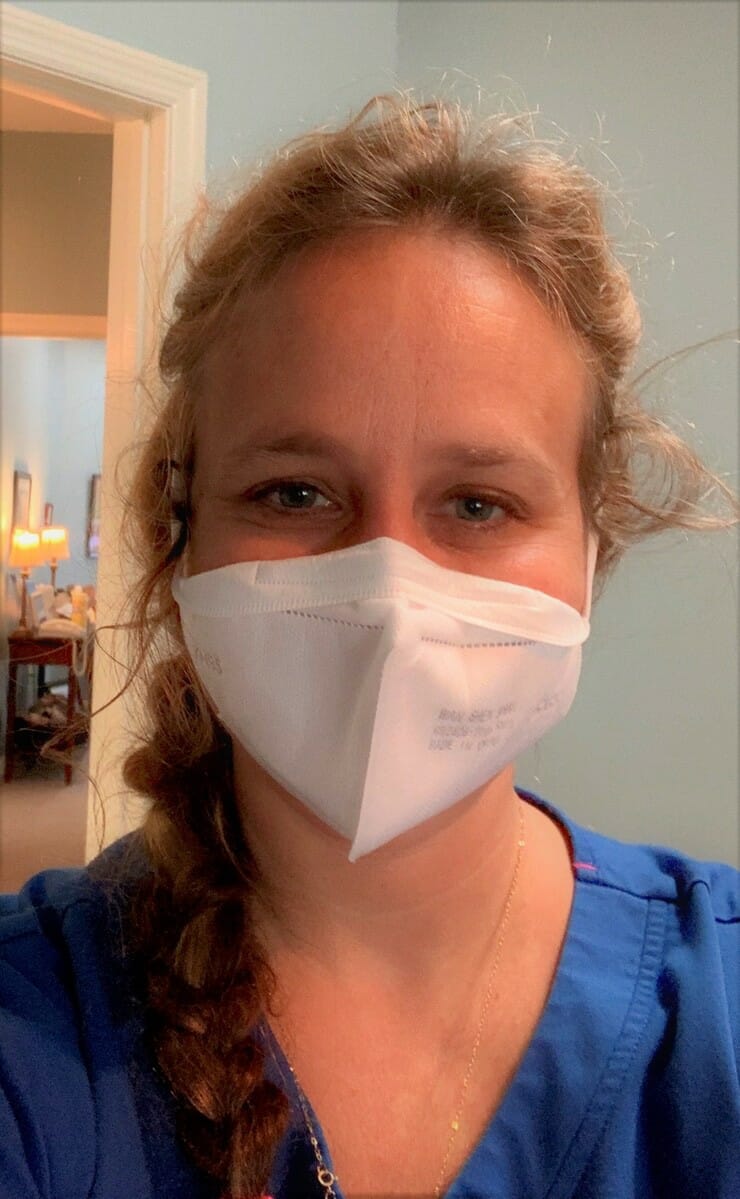FDA is warning consumers and health care providers that the agency has seen a sharp increase in hand sanitizer products that are labeled to contain ethanol (also known as ethyl alcohol) but that have tested positive for methanol contamination. Methanol, or wood alcohol, is a substance that can be toxic when absorbed through the skin or ingested and can be life-threatening when ingested.
The agency is aware of adults and children ingesting hand sanitizer products contaminated with methanol that has led to recent adverse events including blindness, hospitalizations and death.
Methanol is not an acceptable active ingredient for hand sanitizers and must not be used due to its toxic effects. FDA’s investigation of methanol in certain hand sanitizers is ongoing. The agency will provide additional information as it becomes available.
Consumers who have been exposed to hand sanitizer containing methanol and are experiencing symptoms should seek immediate treatment for potential reversal of toxic effects of methanol poisoning. Substantial methanol exposure can result in nausea, vomiting, headache, blurred vision, permanent blindness, seizures, coma, permanent damage to the nervous system or death. Although all persons using these products on their hands are at risk for methanol poisoning, young children who accidently ingest these products and adolescents and adults who drink these products as an alcohol (ethanol) substitute, are most at risk.
Consumers are reminded and urged to wash their hands often with soap and water for at least 20 seconds, especially after going to the bathroom; before eating; and after coughing, sneezing, or blowing one’s nose. If soap and water are not readily available, the Centers for Disease Control and Prevention(CDC) recommend consumers use an alcohol-based hand sanitizer that contains at least 60 percent ethanol (also referred to as ethyl alcohol).
Quality issues with hand sanitizers are:
- The dangers of drinking any hand sanitizer under any conditions. While hand sanitizers with possible methanol contamination are more life-threatening than those that are not contaminated, FDA urges consumers not to drink any of these products.
- Certain hand sanitizers that may not contain a sufficient amount of ethyl alcohol or isopropyl alcohol.
- Hand sanitizers that are sold or offered for sale with false and misleading, unproven claims that they can prevent the spread of viruses such as COVID-19, including claims that they can provide prolonged protection (e.g., for up to 24-hours).
- Products that are fraudulently marketed as “FDA-approved” since there are no hand sanitizers approved by FDA.
- Products packaged to appear as drinks, candy or liquor bottles, as well as products marketed as drinks or cocktails because their appearance could result in accidental ingestion or encourage ingestion. Children are particularly at risk with these products since ingesting only a small amount of hand sanitizer may be lethal in a young child.
The following outlines the most current information on hand sanitizer labels for consumers to use to identify a product that has been tested by FDA and found to contain methanol, that is being recalled by the manufacturer or distributor, that is purportedly made at the same facility as products in which FDA has tested and confirmed methanol contamination and/or that has been identified through the agency’s registration and listing database.
Grupo Insoma, S.A.P.I de CV (Mexico)
Hand sanitizer Gel Unscented 70% Alcohol
Transliquid Technologies(Mexico)
Mystic Shield Protection hand sanitizer
Soluciones Cosmeticas SA de CV (Mexico)
Bersih Hand Sanitizer Gel Fragrance Free
Soluciones Cosmeticas SA de CV
Antiseptic Alcohol 70% Topical Solution hand
Eskbiochem SA de CV(Mexico)
All-Clean Hand Sanitizer
Esk Biochem Hand Sanitizer
Lavar 70 Gel Hand Sanitizer
The Good Gel Antibacterial Gel Hand Sanitizer
CleanCare NoGerm Advanced Hand Sanitizer 80% Alcohol
CleanCare NoGerm Advanced Hand Sanitizer 75% Alcohol
CleanCare NoGerm Advanced Hand Sanitizer 80% Alcohol
Saniderm Advanced Hand Sanitizer
Exclusive content from CARE Magazine, current as of 7/6/2020






